1) Understand Sepsis. When the body is fighting infection, Sepsis can occur. Sepsis is a medical emergency that can cause severe illness and even death, however, there are ways to prevent it from happening. It all starts with understanding.

2) Know the Symptoms. Sepsis symptoms include: fever plus chills, shortness of breath, rapid breathing, increased heart rate, diarrhea, vomiting, rash, or pain. Disorientation or confusion can also be signs of Sepsis.
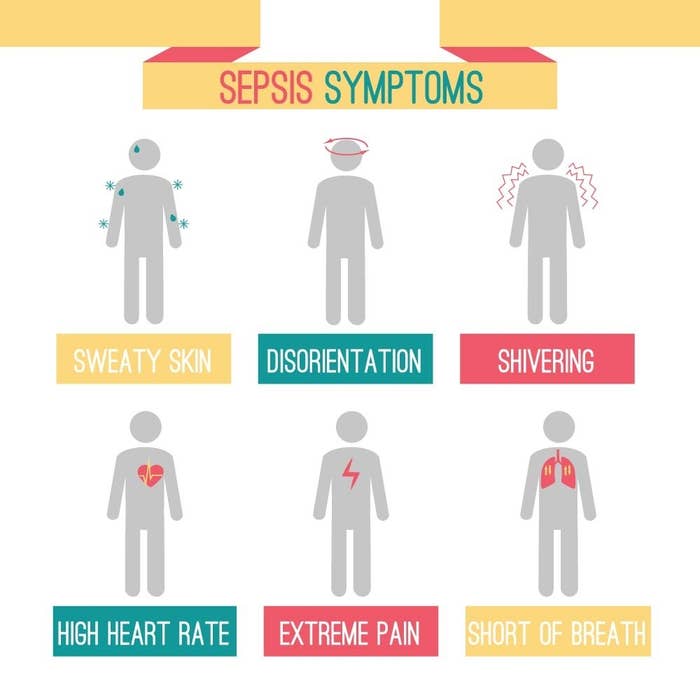
3) Avoid Germs. Since many infections that turn septic originate in hospitals and other healthcare facilities, it’s essential that you warn your doctors, nurses and visitors to be germ-free and clean - ALWAYS! Keep a hand sanitizer nearby
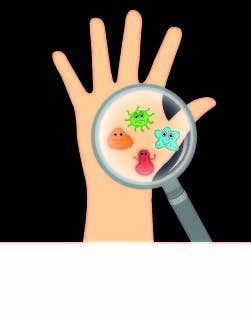
4) Clean Hands. It may sound too basic to be helpful, but keeping your own hands clean, and also making sure that your health providers wash their hands, is SUPER important. It’s especially important after using the restrooms and touching surfaces in the hospital and other public places.
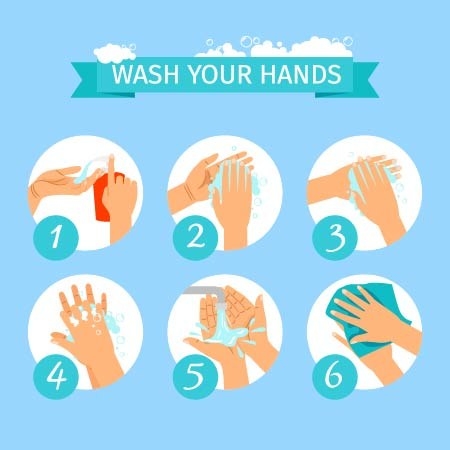
5) Properly Clean Skin Wounds. About one in 10 Sepsis cases originate from an infection due to improper wound hygiene and care. Proper wound care means disinfecting, washing with soap and water, cleaning out any dirt or debris, and covering wounds.
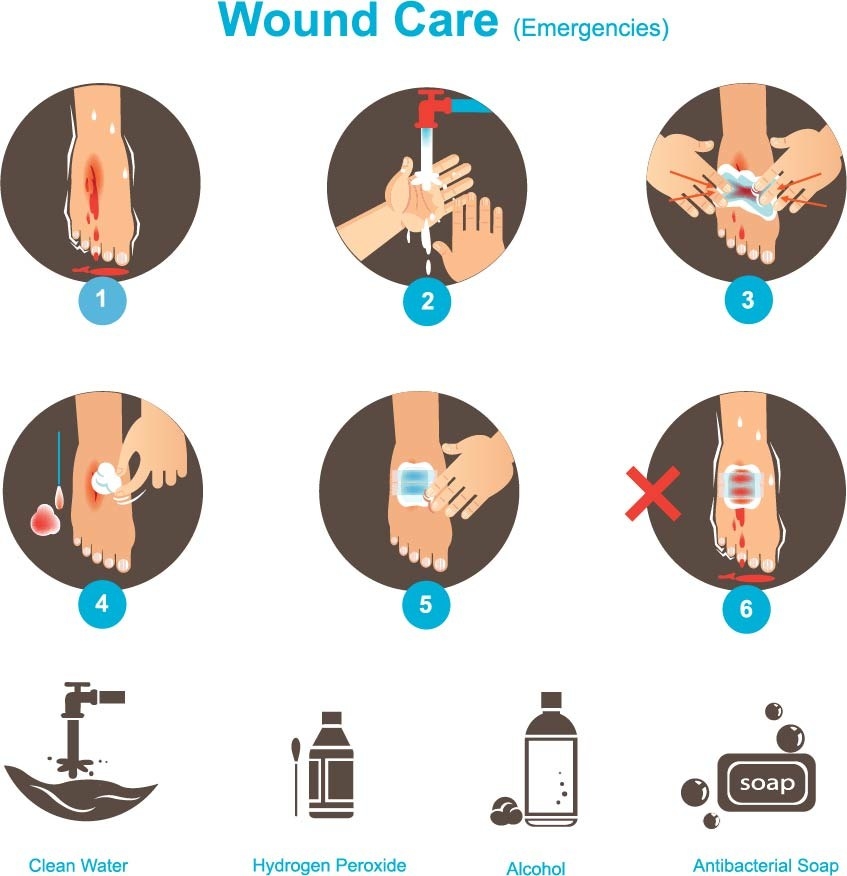
6) Treat Urinary Tract Infections Promptly. A quarter of Sepsis cases resulted from urinary tract infections. UTI's are common among patients, especially those who have been catheterized. So pay close attention to UTI's while in the hospital!

7) Get Vaccinated. Many Sepsis cases can stem from diseases that we have vaccinations for. For example, 35% of Data from a study conducted by the Centers for Disease Control and Prevention (CDC) showed the majority of Sepsis cases stemmed from pneumonia. Yet, not all adults have been vaccinated against penumonia. The same goes for the flu.
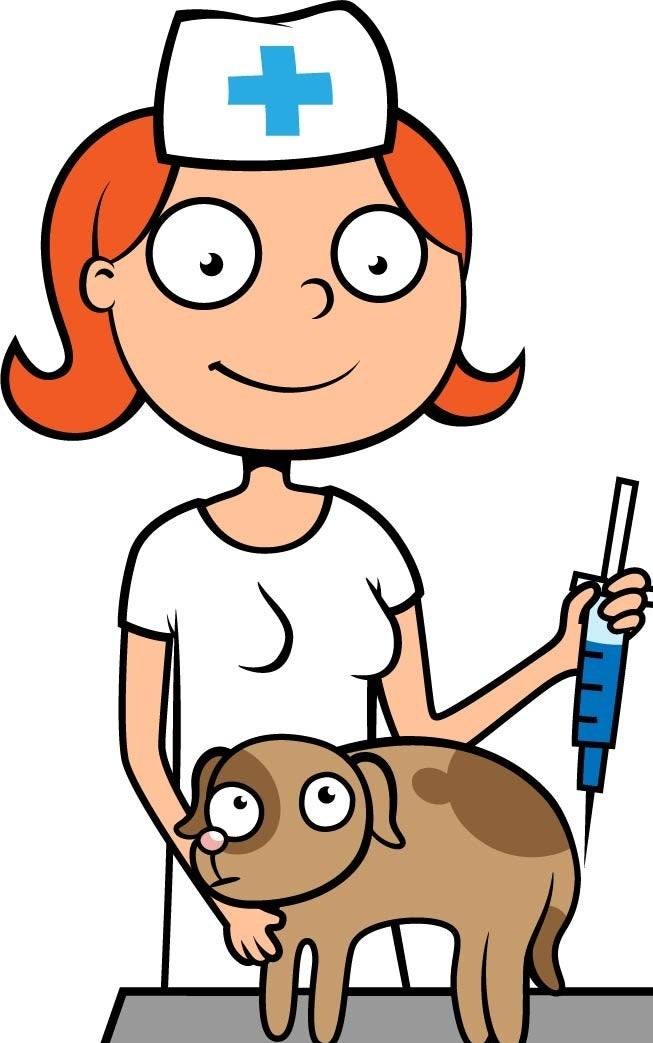
8) Do Not Abuse Antibiotics. Antibiotics do not fight infections caused by viruses such as colds, the flu, sore throats, and bronchitis. Even sinus and ear infections can get better without antibiotics. Abusing antibiotics can contribute to antibiotic resistance, which is when bacteria resist the effects of an antibiotic, causing harm, and can make a Sepsis infection more likely and incredibly dangerous.

9) Get Enough Probiotics. Probiotics are bacteria that line your digestive tract and support your body’s ability to absorb nutrients and fight infection. Getting enough probiotics on a regular basis can help to both prevent and treat a Sepsis infection. When good bacteria flourishes, it can fight off invading bacteria.

10) ACT FAST. Get medical care IMMEDIATELY when an infection is not getting better or if it gets worse. Always remember, Sepsis is a medical emergency and every second counts.


